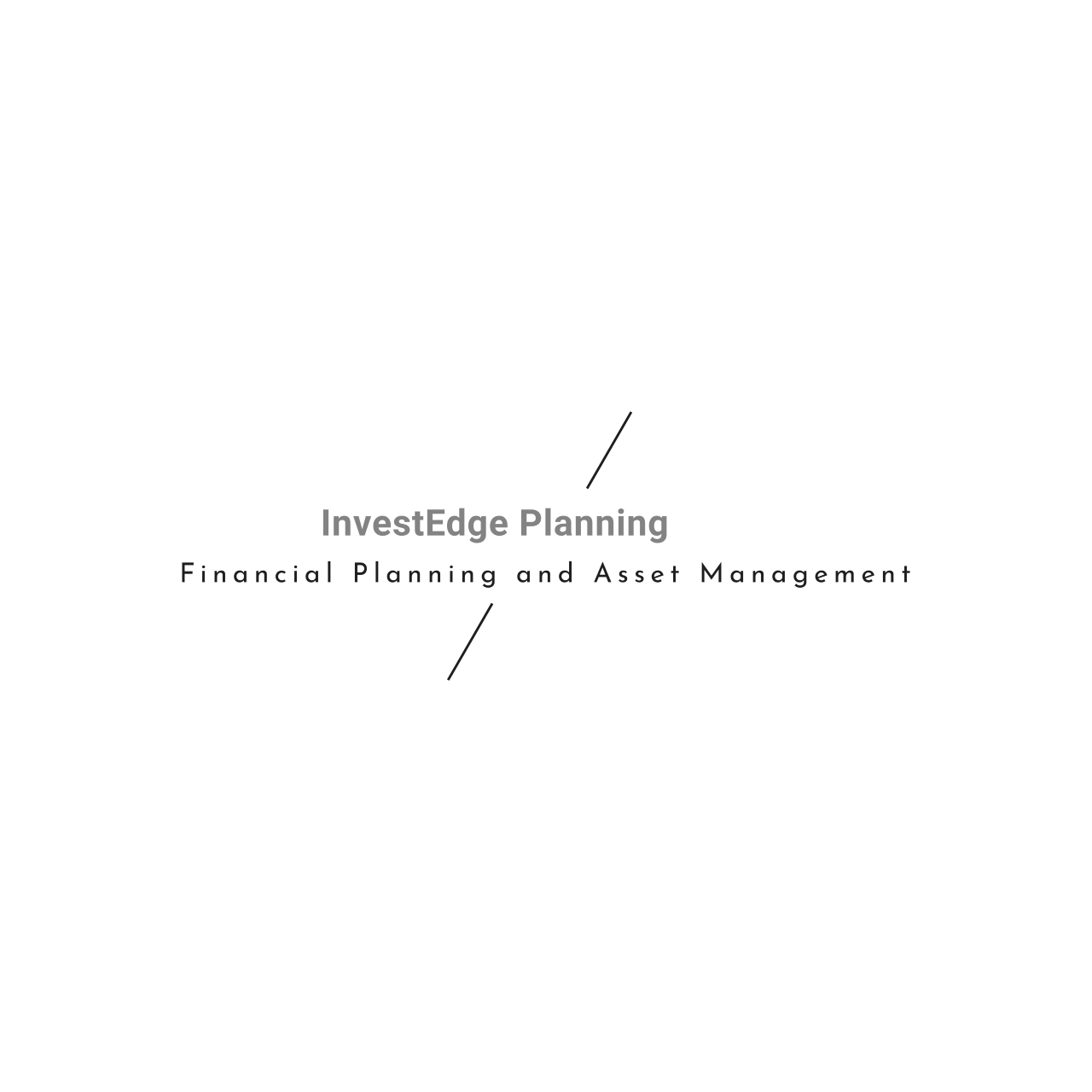
Shannon Grey, CFP®, CRPC®, MPAS®
Managing Director InvestEdge Planning

Estate Planning: Streamlining the Transition
Planning the transition of your assets isn’t just about maximizing the amount passed on and simplifying the handover—it’s really about ensuring that the help, love and wisdom you provide for your people now can continue even after you are gone. A thoughtful plan can look ahead and smooth obstacles in the same way you would if you were present.
Using the court system to settle your will—the process known as probate—creates a public record of all your financial information, and the most private details of your family. Fortunately, there are several good options to avoid this lengthy, public, and expensive process.
You’ll need to work with an attorney to set up some important components of your plan, but there are also strategies that your financial advisor can put in place on your investment accounts to minimize costs and effect seamless, efficient transfers of your estate when it becomes necessary.
There are three key concepts involved in planning an estate transition:
Asset-based strategies to avoid probate
Wills
Living trusts
Minimizing Probate
Probate is the legal process by which a will is reviewed and determined to be valid and authentic. The court appoints an executor named in the will to administer the process: collecting the assets, paying the liabilities, and finally distributing the remaining assets. Probate can be lengthy and expensive—and it is not private.
Assets that allow you to name a beneficiary will not need to go through probate and will transfer ownership relatively easily and quickly. These include life insurance proceeds, IRAs, 401(k) plans, and annuities.
Co-ownership of an asset can also avoid probate, as long as it is held as “Joint Tenants With Rights of Survivorship” (JTWROS). There are several conditions that must be met, and you may need to consult with an attorney. However, the advantage is that the property passes immediately and automatically to the survivor.
Assets that can be held this way are legion: cars, real estate, bank accounts, brokerage accounts, collections, etc. There can also be more than one co-owner. On the death of one owner, depending on the type of property, the transfer is effected by either an affidavit, providing the death certificate of the decedent, or otherwise taking control of the property.
This strategy works very well for the family home and when deployed with financial assets it can ensure that they remain accessible to the surviving spouse or are easily transferred to children. However, all co-owners have equal shares, and have the right to control the accounts.
Wills and Living Trusts
A will is the most common estate planning instrument. While it is the only legal way to appoint a guardian for your minor children, a will can also be used for other estate planning purposes and offers a great deal of control over how your assets will be distributed, and who your beneficiaries will be. The drawback of using a will for passing on assets is that wills are subject to probate.
An option to avoid probate is a living trust, also called a revocable trust, that allows you to access the assets in the trust during your lifetime, with the remainder passing to your beneficiaries. Because it avoids probate the assets will be distributed more quickly, without additional expense, and with privacy. While a will requires an executor, a living trust has a successor trustee. And if you have minor children, you will still need to create an additional document called a pour-over will and designate a guardian.
Because a living trust is a more complex document than a will, the expense of creating it will be greater. Additionally, a trust must be funded; the assets named in the trust document must be transferred into the trust through separate processes. Depending on the size of your estate, the complexity of your bequests, and your own desire for speed and privacy, it may still be the right choice.
The Takeaway
You’ve worked hard to build a life for yourself and the people you share it with. To make sure your wishes—both for yourself and everyone you care for—are carried out, it’s important to put some thought to your estate planning.
Your financial advisor, working in conjunction with an attorney, can help you map out an estate plan that safeguards your assets, your wishes and your loved ones.
This work is powered by Advisor I/O under the Terms of Service and may be a derivative of the original.
The information contained herein is intended to be used for educational purposes only and is not exhaustive. Diversification and/or any strategy that may be discussed does not guarantee against investment losses but are intended to help manage risk and return. If applicable, historical discussions and/or opinions are not predictive of future events. The content is presented in good faith and has been drawn from sources believed to be reliable. The content is not intended to be legal, tax or financial advice. Please consult a legal, tax or financial professional for information specific to your individual situation.
This content not reviewed by FINRA
Disclosure information
InvestEdge Planning LLC is a registered investment advisor offering advisory services in the State of California and Arizona and in other jurisdictions where exempted. Registration does not imply a certain level of skill or training. The information on this site is not intended as tax, accounting, or legal advice, as an offer or solicitation of an offer to buy or sell, or as an endorsement of any company, security, fund, or other securities or non-securities offering. This information should not be relied upon as the sole factor in an investment-making decision. Past performance is no indication of future results. Investment in securities involves significant risk and has the potential for partial or complete loss of funds invested. It should not be assumed that any recommendations made will be profitable or equal any performance noted on this site. The information on this site is provided “AS IS” and without warranties of any kind either express or implied. To the fullest extent permissible pursuant to applicable laws, InvestEdge Planning LLC disclaims all warranties, express or implied, including, but not limited to, implied warranties of merchantability, non-infringement, and suitability for a particular purpose. InvestEdge Planning LLC does not warrant that the information on this site will be free from error. Your use of the information is at your sole risk. Under no circumstances shall InvestEdge Planning LLC be liable for any direct, indirect, special or consequential damages that result from the use of, or the inability to use, the information provided on this site, even if InvestEdge Planning LLC or InvestEdge Planning LLC's authorized representative has been advised of the possibility of such damages. Information contained on this site should not be considered a solicitation to buy, an offer to sell, or a recommendation of any security in any jurisdiction where such offer, solicitation, or recommendation would be unlawful or unauthorized. Opt-out of future communications by emailing shannongrey@investedgeplanning.com.